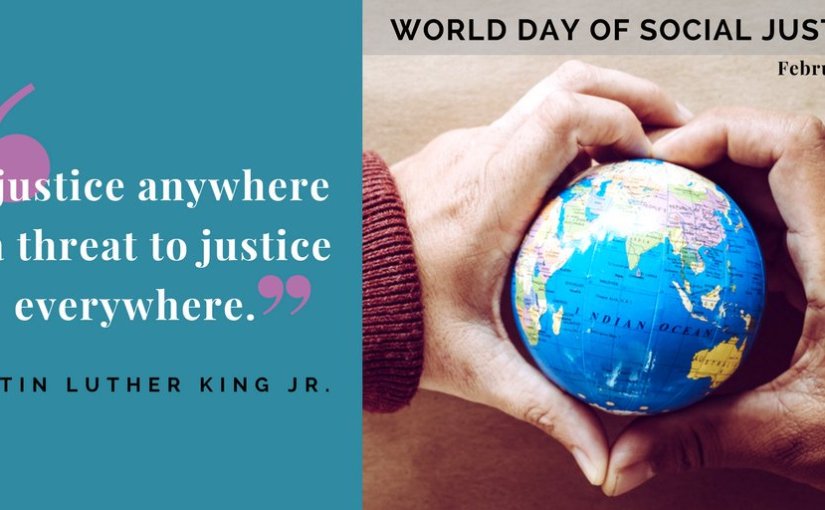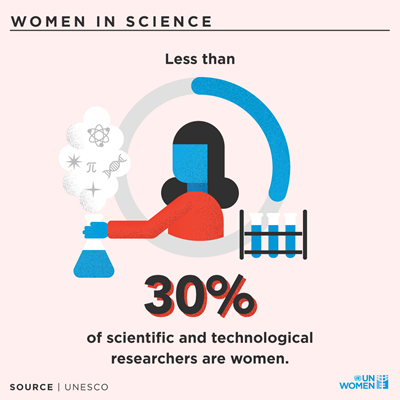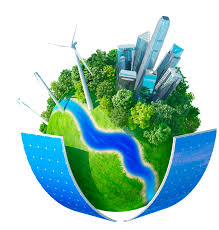International Women’s Day
When: 8 March, 2019
Theme: Think equal, build smart, innovate for change ||
join us as we celebrate a future in which innovation and technology creates unprecedented opportunities for women and girls to play an active role in building more inclusive systems, efficient services and sustainable infrastructure to accelerate the achievement of the SDGs and gender equality.
The theme will focus on innovative ways in which we can advance gender equality and the empowerment of women, particularly in the areas of social protection systems, access to public services and sustainable infrastructure.
The achievement of the ambitious Sustainable Development Goals (SDGs) requires transformative shifts, integrated approaches and new solutions, particularly when it comes to advancing gender equality and the empowerment of all women and girls. Based on current trajectories, existing interventions will not suffice to achieve a Planet 50-50 by 2030. Innovative approaches that disrupt “business as usual” are central to removing structural barriers and ensuring that no woman and no girl is left behind.
Innovation and technology provide unprecedented opportunities, yet trends indicate a growing gender digital divide and women are under-represented in the field of science, technology, engineering, mathematics and design. It prevents them from developing and influencing gender-responsive innovations to achieve transformative gains for society. From mobile banking to artificial intelligence and the internet of things, it is vital that women’s ideas and experiences equally influence the design and implementation of the innovations that shape our future societies.
“When we approach planning with an innovative, ‘think equal’ mindset that takes the needs of women and girls into account right from inception, it is remarkable how different those plans can look, whether it is urban planning that designs for commuter safety, rural daycare centres that offer workers positive solutions for childcare, or the use of biometrics as ID to replace formal registration documents that many women may not have or control,” commented UN Under-Secretary-General and UN Women Executive Director Phumzile Mlambo-Ngcuka.
UN Women research indicates that 740 million women currently make their living in the informal economy with limited access to social protection, public services and infrastructure that could increase their productivity and income security.
For example, women do 2.6 times more unpaid care and domestic work than men, with only 41 per cent of the world’s mothers with newborns receiving maternity benefits. One in three women are likely to face violence in their lifetimes, yet public services, urban planning and transport systems are rarely planned with women’s safety and mobility in mind. Therefore, this year’s focus brings innovation to the centre stage and leverages it for gender equality and women’s empowerment globally.
Get involved
You can support gender equality and women’s empowerment around the world by getting involved in a number of ways. Take part in one of UN Women’s campaigns or professional networks; raise awareness on social media; or donate to help us achieve our mission. Your voice matters. Your actions make it real.

Step It Up asks governments to make and follow through with national commitments to address the challenges that are holding women and girls back from reaching their full potential. Ninety world leaders have made concrete commitments and firm pledges to overcome gender equality gaps at, and since, a historic event co-hosted by UN Women and the People’s Republic of China: the “Global Leaders’ Meeting on Gender Equality and Women’s Empowerment: A Commitment to Action.” Learn more ►

Empower Women – Global movement for women’s economic empowerment. Learn more ►
SOCIAL MEDIA: Join the online conversation on Twitter using the hashtag #WomensDay and following
@UN_Women @saverango
If you feel a tug in your heart —or if this message speaks to you —Would you consider donating a small amount to help us achieve our mission?
We thank you in advance for your support! As an all-volunteer, all-donation organization, we depend on your generous support.
Your donation is greatly appreciated!
You can also donate via PayPal: (Payment gateway in India and Abroad)
sarahspay@gmail.com
Support us when you shop!
If you’re an Amazon or Flipkart customer, you can also have 5% to 6% of your eligible purchases.
Enjoy 80% discount and along with it support Savera Society for Human Initiatives (#noextracost)
Kindly use following links while shopping :
Amazon ( Free Donation – upto 5%)
Flipkart (Free Donation – upto 6%)
#noextracost #GSERed #FREEDonationDay








You must be logged in to post a comment.